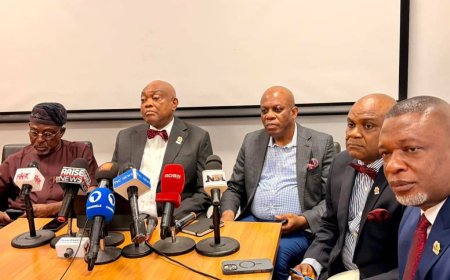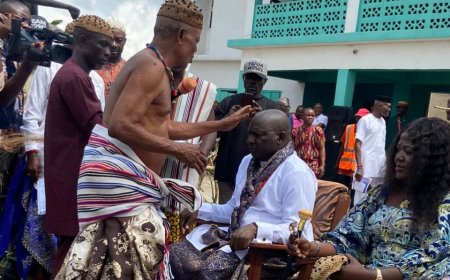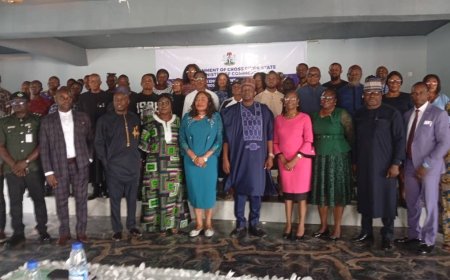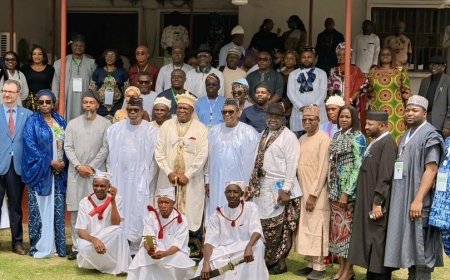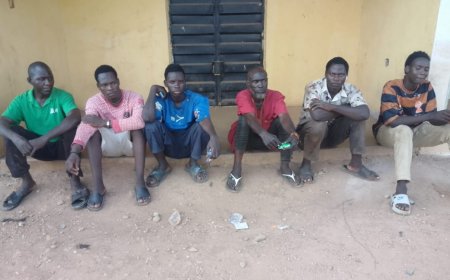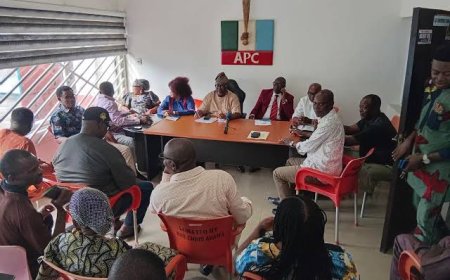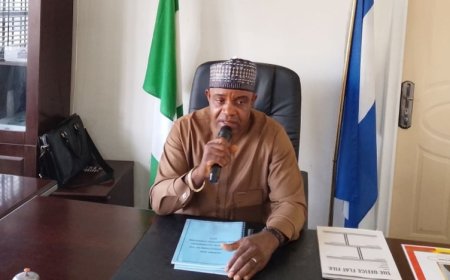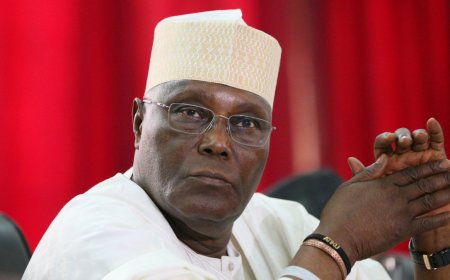THE CERTIFICATE NOBODY CAME FOR: A SILENT CRISIS IN NIGERIA’S HIGHER EDUCATION
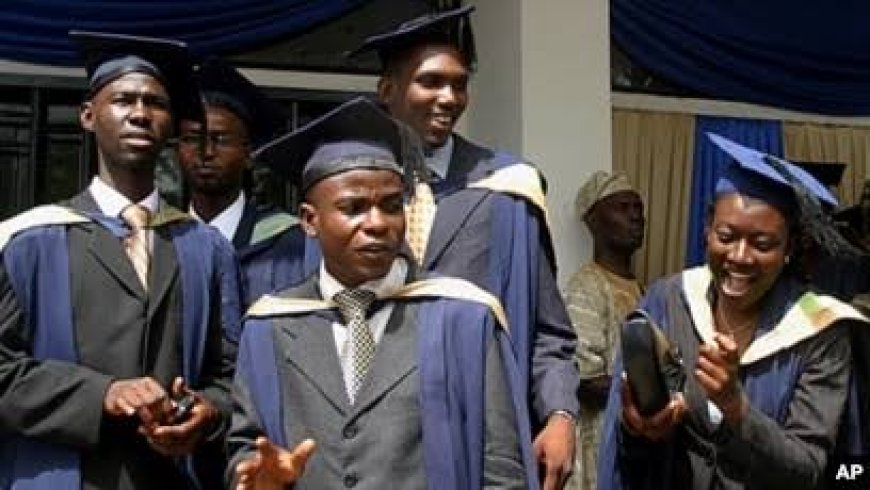
Anthony EKPO BASSEY
In the land where the yam is planted, one would expect the farmer to return at harvest to claim his bounty. Yet, across Nigeria’s higher institutions, from the dusty corridors of Polytechnics to the storied halls of Universities, a strange phenomenon has taken root. Graduates, having scaled the mountainous rigours of tertiary education, often vanish like smoke in harmattan, leaving behind their certificates, the very proof of their academic sojourn.
At first glance, it beggars belief. After all, isn’t a certificate the golden fleece, the crowning jewel of years of toil and sleepless nights? But a closer look reveals a tapestry of reasons, some baffling, some bitter, and others as plain as the nose on one’s face.
First, the devil, as always, is in the details. For many graduates, the certificate is merely the cherry on the cake, and they never really cared for dessert. Once their final results are confirmed, they are off like a shot, chasing jobs, hustles, and greener pastures. “Make we just waka commot from this wahala,” they say, drained from years of bureaucracy, strikes, and financial strain. Some land jobs that only ask for statement of results; others migrate abroad, with certificates gathering dust back home.
There is an old Yoruba saying: “Ti ogiri o ba l’ẹgbẹ, l’alangba kii s’ọdọ rẹ” meaning, the lizard does not dwell where the wall is smooth. Many institutions have inadvertently built walls too smooth to climb with endless bottlenecks such as, missing scripts, unpaid fees, delayed Senate approvals, or computer errors, which make some students give up before the journey even ends. Others are owed certificates they have technically earned, but for whom the system offers only frustration. As one weary graduate put it, “I finished six years ago. I have been there four times. Every time, they say, ‘Come back next month.’ Na so certificate turn hide and seek.”
Then there are those whose hands are not exactly clean. Not everyone that starts the journey ends it with honour. Some owe school fees, others failed one or two courses but managed to “walk the stage.” Like the proverbial masquerade that dances at night, they know they should not be seen in daylight. Collecting a certificate would mean facing the music and some would rather avoid the orchestra altogether.
We must also consider the role of value or the perceived lack of it. In a nation where certificates often play second fiddle to “connections” or “skills,” many graduates have mentally filed their certificates under “not urgent.” Tech skills, trade apprenticeships, and entrepreneurship now offer alternative ladders to success. As the saying goes, “He who has the fish does not need the river.” Some see no pressing reason to battle the bureaucratic tide just to collect paper that, in their reality, carries little weight.
This trend poses serious questions for our education system. A certificate is more than just paper. It is institutional accountability, national record, and personal identity. When graduates do not return for them, it is not merely a personal omission, it is a dent in the system’s credibility. It suggests something is broken: either trust in the system, the process of issuance, or in the value of the document itself.
Universities and Polytechnics must rise to the occasion. Let the processes be streamlined, the bureaucracy trimmed, and the information flow improved. “A stitch in time” they say, “saves nine.” Institutions must adopt digital certification systems, regular audits, and proactive communication with alumni.
On the other hand, graduates must be reminded that the certificate is not just a trophy. It is their stake in the nation’s academic legacy. It may not open every door, but it is still the key to many. As the Igbo proverb warns, “A man who does not know where the rain began to beat him cannot know where he dried his body.”
Nigeria cannot afford to let its graduates become academic ghosts, passed through the system but never fully claimed by it. In this matter, both the hand and the hoe must work together. For what is the use of planting a seed if no one ever comes back to harvest the fruit?
In the end, perhaps we must remember: it is not enough to run the race. One must also cross the finish line, and collect the medal.


